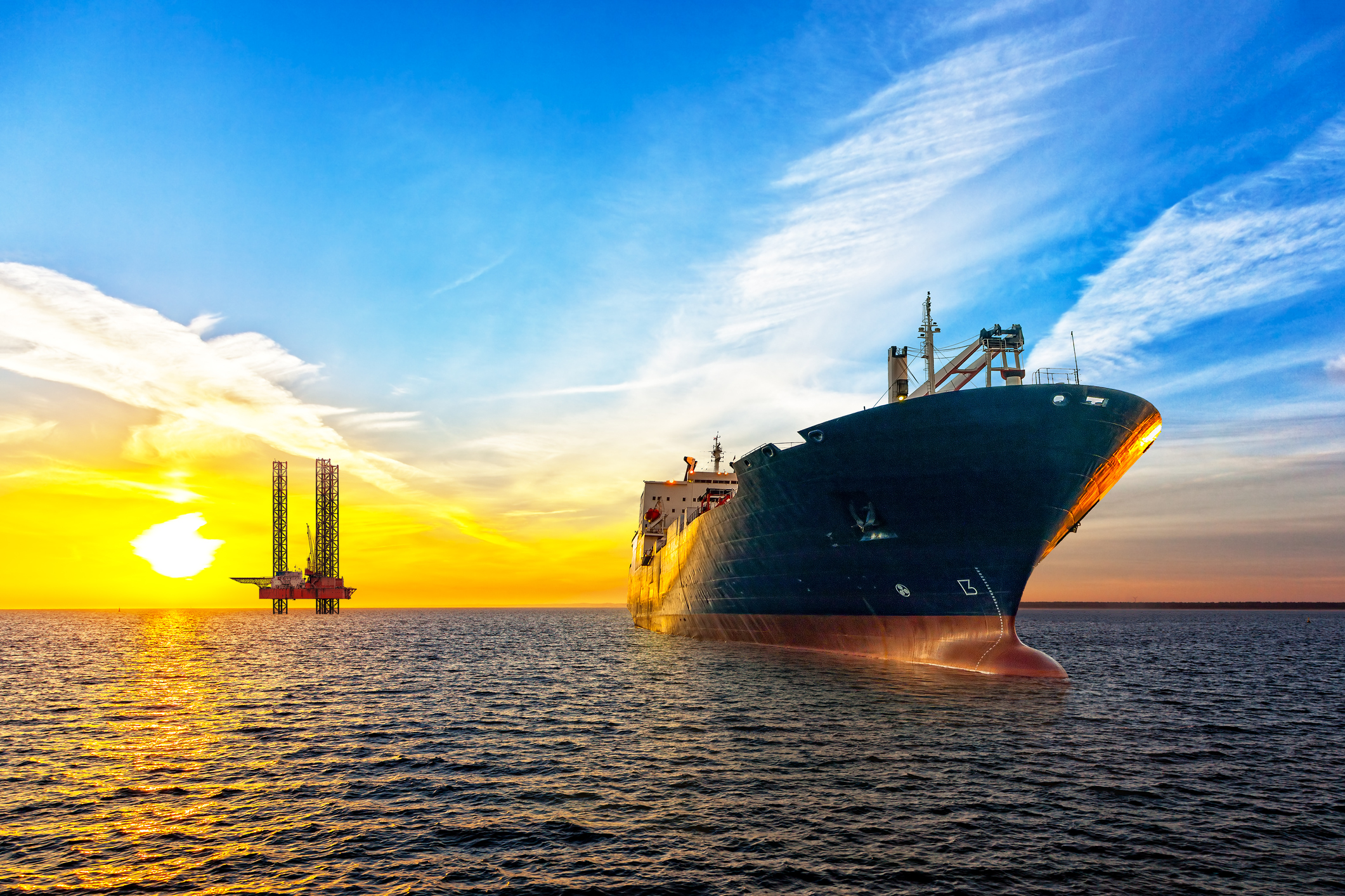
The marine industry plays a critical role in global trade and transportation, requiring robust systems to ensure vessels operate efficiently and safely. Among these systems, process instrumentation is a cornerstone. This blog explores how process instrumentation works in the marine sector, its applications, and the benefits it offers.
What is Process Instrumentation?
Process instrumentation refers to the devices and systems used to measure, monitor, and control industrial processes. In the marine industry, these processes include fuel management, water treatment, engine performance, cargo handling, and environmental compliance.
Key elements of process instrumentation include:
- Sensors: Measure physical parameters like pressure, temperature, flow, and level.
- Controllers: Regulate process parameters based on the data collected.
- Transmitters: Communicate data to control systems or operators.
- Actuators: Perform actions such as opening a valve or adjusting engine speed.
Applications of Process Instrumentation in the Marine Industry
1. Engine Performance Monitoring
Marine engines operate under demanding conditions, making real-time monitoring essential. Instruments such as pressure sensors, thermocouples, and flow meters monitor fuel and air intake, ensuring the engine runs efficiently and reduces emissions.
2. Ballast Water Management
International regulations like the Ballast Water Management Convention require ships to treat ballast water to prevent the spread of invasive species. Instruments measure flow rates, salinity, and water quality to ensure compliance with these standards.
3. Cargo Monitoring
In tankers and bulk carriers, instrumentation monitors cargo temperature, pressure, and levels. This ensures the safety and quality of the cargo, especially for hazardous or sensitive materials like crude oil or liquefied natural gas (LNG).
4. Navigation and Environmental Compliance
Modern ships rely on advanced instrumentation for navigation and environmental monitoring. Instruments like weather sensors, emission monitors, and GPS systems help vessels stay on course and meet environmental regulations.
5. Safety Systems
Safety-critical systems such as fire suppression, bilge water management, and life-support systems rely heavily on process instrumentation to detect and respond to emergencies.
Benefits of Process Instrumentation
1. Improved Safety
Instrumentation provides real-time data, enabling quick responses to potential hazards. This reduces risks to crew, cargo, and the environment.
2. Enhanced Efficiency
Monitoring and controlling key processes help optimize fuel consumption, reduce waste, and improve overall vessel performance.
3. Regulatory Compliance
Instruments help ensure compliance with stringent international regulations, avoiding fines and operational delays.
4. Predictive Maintenance
Instrumentation supports predictive maintenance by identifying early signs of wear or failure in equipment, reducing downtime and repair costs.
Challenges and Future Trends
Despite its advantages, implementing process instrumentation in the marine industry presents challenges:
- Harsh Environments: Instruments must withstand high humidity, saltwater corrosion, and extreme temperatures.
- Integration: Modern ships require seamless integration of instrumentation with digital control systems and IoT networks.
Looking ahead, advancements in technologies like artificial intelligence (AI), machine learning, and digital twins are expected to revolutionize process instrumentation. These technologies will enhance data analysis, predictive maintenance, and system optimization.
Conclusion
Process instrumentation is indispensable in the marine industry, playing a vital role in safety, efficiency, and environmental stewardship. As technology continues to evolve, the integration of advanced instrumentation systems will further enhance maritime operations, ensuring a sustainable future for the industry.
Whether you’re a shipowner, engineer, or enthusiast, understanding the importance of process instrumentation is key to appreciating the complexity and innovation that drive the marine industry.
Visit our instrumentation measurement products to learn more and find the right solution for your needs.
